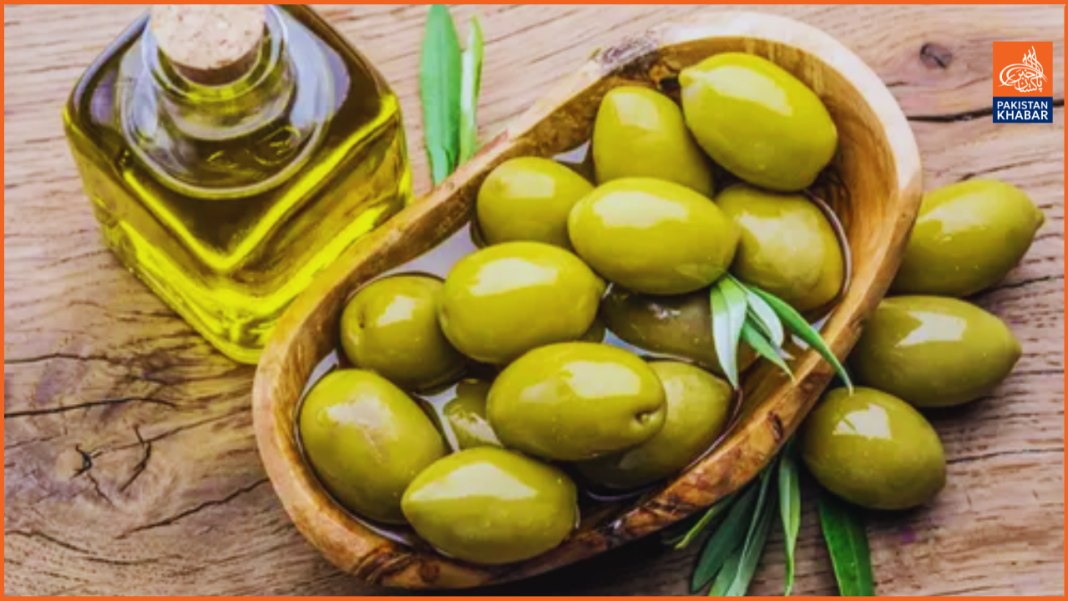Pakistan’s olive industry continues to face significant challenges, with the scarcity of high-quality plant materials being a major barrier to growth. This lack of access to premium olive plants is stifling productivity and limiting the country’s ability to tap into the global olive market, which is experiencing growing demand for olive oil.
Azeem Tariq, a senior scientific officer at the National Agricultural Research Centre (NARC), discussed the challenges faced by the sector in an interview with WealthPK. He emphasized that despite Pakistan’s favorable climate and arid regions being well-suited for olive cultivation, the absence of high-quality plant materials severely affects local farmers. The result is reduced productivity, lower oil yields, and ultimately compromised oil quality.
Tariq explained that, with strategic reforms and investment, Pakistan has the potential to become a significant player in the olive oil industry. However, this success depends largely on improving local capacities, adopting advanced agricultural practices, and ensuring the availability of certified, high-quality plant varieties that are adaptable to Pakistan’s diverse climates and resistant to regional pests and diseases.
For sustainable growth in olive production, farmers must be provided with access to superior plant materials. This will help increase yield per hectare, enhance oil quality, and position Pakistan’s olive oil competitively both domestically and internationally.
Research into olive cultivation in Pakistan began in the mid-1980s, but the industry has only seen significant progress in the last five years. Currently, approximately 40,000 hectares of land, home to over 40 million olive plants, are under cultivation.
However, the olive industry also faces infrastructure challenges, such as inadequate irrigation systems, outdated processing facilities, and limited access to quality seedlings. Tariq called for more collaboration between the government, research institutions, and private stakeholders to address these issues. He suggested that government subsidies for high-quality olive plants and the establishment of training centers for olive cultivation could support the sector’s growth, while encouraging private nurseries to produce certified plants would reduce reliance on imports.




